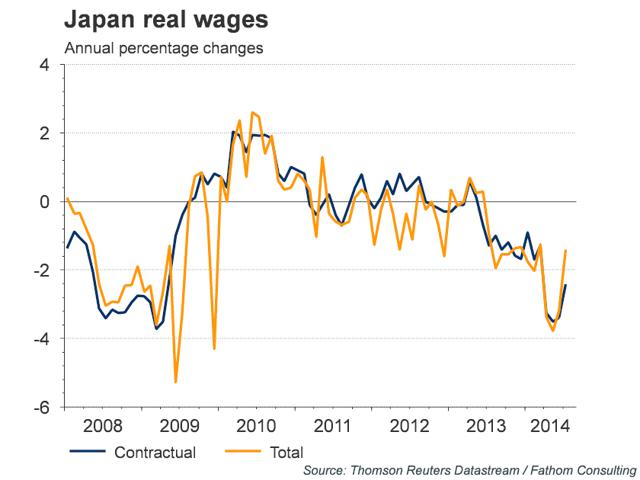japan inflation rate 为什么说中国不会发生债务危机?(2)

Looking around the world, the levels of interest rates for different countries are negatively correlated with levels of total indebtedness. Countries that have borrowed aggressively — such as Japan, China and Singapore — have very low or zero interest rates. On the other hand, countries that have barely borrowed, including Brazil, Russia and Indonesia, usually pay very high interest rates. This negative correlation is highly significant, disproving the widely held notion that higher debt levels lead to higher risk premia at the macro level.

环顾全球,各国的利率水平与总债务水平呈负相关。大量积累了债务的国家——如日本、中国和新加坡——利率非常低或为零。japan inflation rate另一方面,巴西、俄罗斯和印度尼西亚等几乎没有借债的国家通常利率极高。这种负相关性是非常显著的,它在宏观层面推翻了一个广泛持有的观点:较高的债务水平会导致较高的风险溢价。
How is this negative correlation explained? Interest rates are the price of domestic savings, and countries with more abundant savings almost always have lower interest rates. Moreover, every economy needs to transform its domestic savings into investment, usually through the banking system. It is inevitable, therefore, that countries with higher savings rates have lower interest rates, but higher levels of credit creation (or debt-to-GDP ratios) — because banks need to extend more credit to move larger pools of savings into investment. This means there is nothing wrong with high-saver nations having high ratios.
这种负相关该如何解释?利率是国内储蓄的价格,而储蓄较多的国家几乎总是享有较低的利率。而且,每个经济体都需要将国内储蓄转化为投资——一般是通过银行体系。因此,储蓄率较高的国家不可避免地会有较低的利率,但会有较高的信贷创造水平——或债务与GDP比率,因为银行需要发放更多的信贷,将较为庞大的储蓄转化为投资。这说明高储蓄国家有着高债务比率是没有问题的。
放久了生蛆多正常